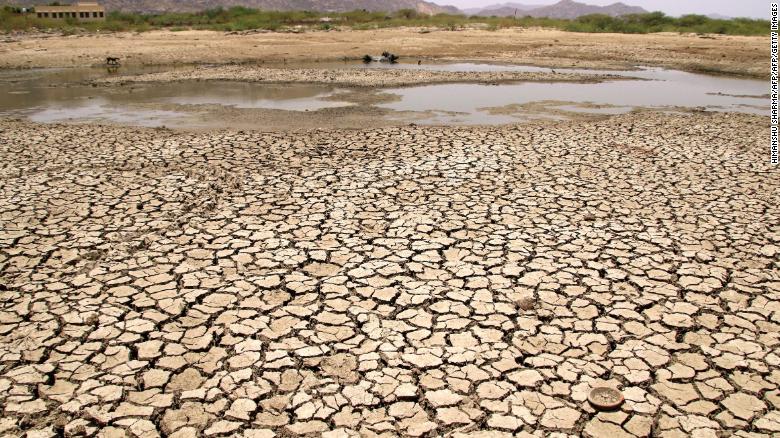New Delhi (CNN)At least 36 people have died this summer in one of India's longest heat waves in recent history, according to the country's disaster management officials.
Intense heat has scorched the country for more than 30 consecutive days, primarily in northern and central India. Temperatures reached 48 degrees Celsius (118 degrees Fahrenheit) in New Delhi on June 10 -- the highest ever recorded in the capital in June.
In Churu, in the western state of Rajasthan, temperatures exceeded 50 degrees Celsius (122 degrees Fahrenheit) on June 1.
A delayed monsoon has contributed to the prolonged hot weather, arriving in southern India around June 8, seven days later than usual. Northern India is still waiting for its annual rains.
Raghavan Krishnan of the Indian Institute of Tropical Meteorology told CNN that the heat waves are becoming "more intense and frequent."
In summer 2016, the NDMA launched a series of initiatives to mitigate the deadly impact of heat waves, including opening shelters for homeless people, adjusting state government working hours to avoid extreme hot weather, establishing drinking water kiosks, and painting roofs white to reduce heat absorption.
As a result, the country has seen a dramatic drop in deaths from heat waves in recent years. In 2015, more than 2,400 people died in a heat wave. In 2017, a heat wave killed 250 people.
This story has been updated with additional details related to previous heatwaves.






